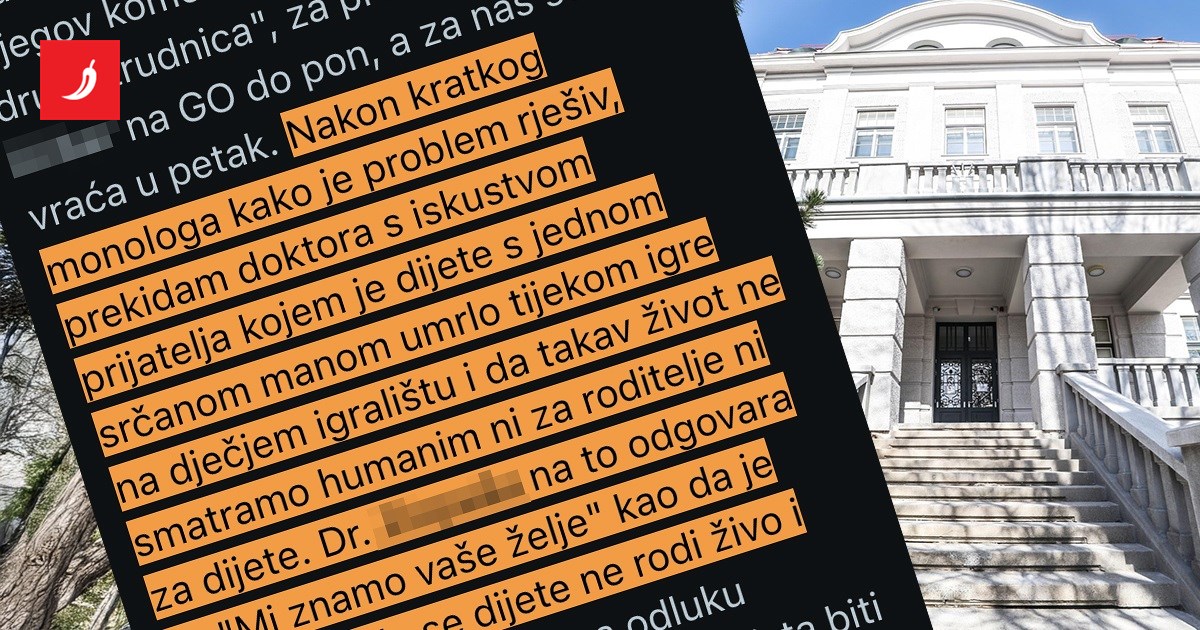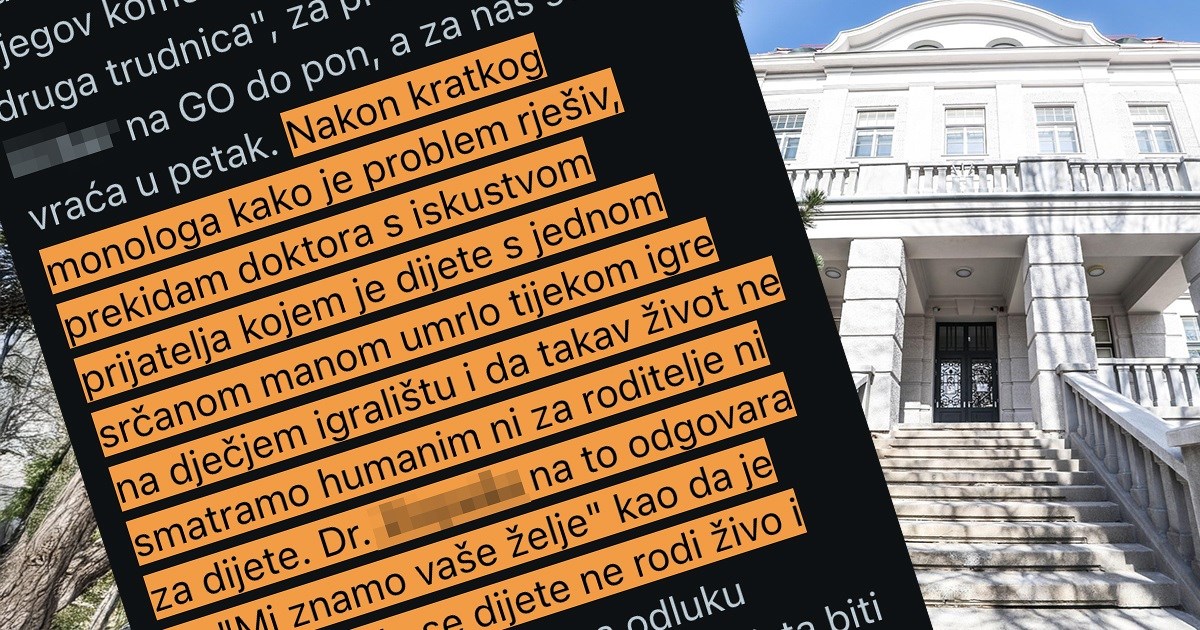Croatian Abortion System in Chaos: Family Forced to Go to Slovenia Amid Bureaucratic Nightmare
Imagine being pregnant and finding out your baby has severe heart defects with little chance of survival. Instead of quick and clear support, you get trapped in a maze of bureaucracy, insensitivity, and delays. This is exactly what happened to a Croatian family who, due to the impossibility of terminating the pregnancy in Croatia, had to go to Slovenia — bearing a huge emotional and financial burden.
When the system fails: from first signs to despair
It all started at 18 weeks of pregnancy when an anomaly scan at a private clinic Mediclarus showed initial suspicions of fetal heart malformations. The gynecologist Dr. Kulaš, praised by the parents for professionalism, referred them for further examinations. Severe heart defects were confirmed: hypoplasia of the right ventricle, transposition of the great arteries, a wide ventricular septal defect, and hypoplasia of the aorta. The chances of the baby surviving were low, and life would be marked by numerous surgeries and complications.
But instead of quick help, a bureaucratic nightmare followed. In the public system, a fetal echocardiogram was only available in August or September, which was unacceptable given the severity of the findings. The private clinic Harni did not have a pediatric cardiologist, further delaying the process. They submitted a request for termination at Petrova hospital but faced delays, unclear information, and even insinuations from doctors who said, “we know your wishes,” implying they did not want the baby to be born alive and healthy.
Slovenia as a rescue — but at what cost?
When they realized they would not get a solution in Croatia in time, they contacted the University Medical Center Ljubljana. The same day, they had ultrasounds with two independent doctors, and the commission approved the termination on July 8. The procedure included feticide — injection of potassium chloride into the fetus’s heart, which is not practiced in Croatia. The next day, labor was induced, and the mother gave birth to a stillborn baby they could see, hold, and say goodbye to.
The staff in Slovenia showed empathy, patience, and understanding, which was the opposite of their experience in Croatia. However, the entire process cost them around 3000 euros — an amount many families cannot afford.
What does this mean for other women and families?
This experience reveals a huge problem in the Croatian healthcare system: termination after 22 weeks is almost impossible unless the mother’s life is directly at risk. Feticide is not practiced, and bureaucratic obstacles and lack of clear procedures leave families in agony.
How many women and families go through similar situations without the financial means to go abroad? How many more lives and suffering are lost due to an inefficient and insensitive system?
Conclusion: it’s time for change!
This family shared their story on Reddit to help others and push for system changes. Croatia urgently needs to ensure access to pregnancy termination according to patients’ needs, with clear, humane, and efficient procedures.
If you thought bureaucracy was just boring, think again — it can destroy lives. What do you think about this chaos? Is it time to change the system, or will we keep watching families suffer? Drop a comment, share your thoughts, or just say — “this is one crazy story!”











































